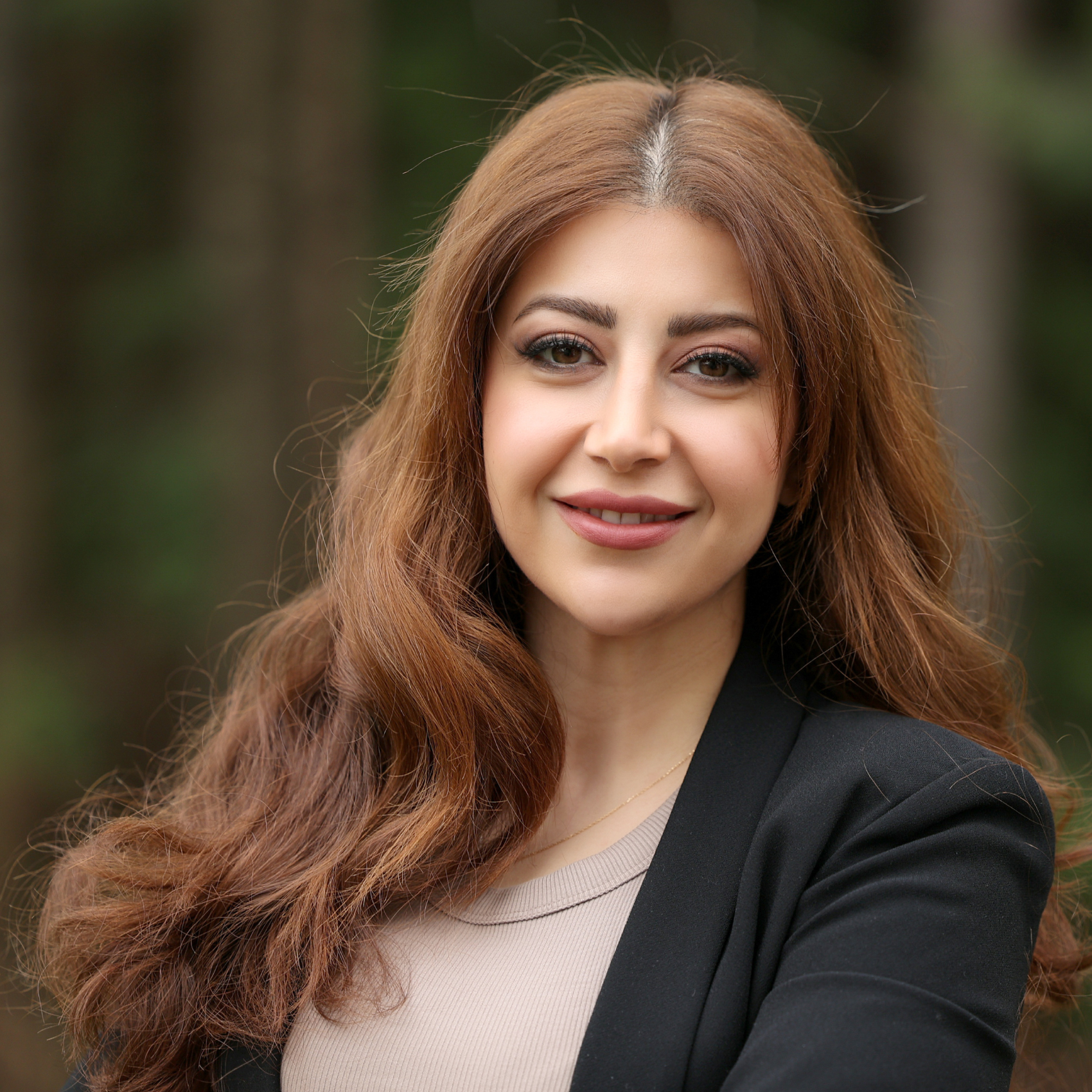Understanding your attachment styles can offer profound insights into how our inner child wounds, stemming from early experiences with primary caregivers, continue to influence our adult relationships and emotional responses.
Inner child wounds stem from unmet emotional, physical, and spiritual needs in childhood. These needs manifest in our present selves through subconscious expressions.
As a coping mechanism, attachment archetypes develop during childhood to create a sense of safety and fulfill unmet needs. However, these strategies, formed in response to early experiences, may prove ineffective in adulthood, hindering our ability to establish healthy relationships and navigate life’s challenges.
The 7 Inner Child Archetypes:
1. The Caretaker: Derives identity and self-worth from neglecting personal needs, believing love comes from catering to other. In childhood, they may have experienced a lack of attention and affirmation, leading them to believe that self-sacrifice is the path to affection.
2. The Overachiever: Seeks validation through success and achievement, coping with low self-worth by relying on external recognition. In childhood, they may have experienced conditional love, driving them to believe that their value is contingent on constant accomplishments.
3. The Avoidant or The Underachiever: Fears criticism and shame, remains beneath their potential to avoid failure, thinking invisibility is the key to love. In childhood they may have faced harsh judgment, leading them to believe that being unseen is a protective strategy.
4. The Protector: Tries to heal vulnerability by rescuing others, gaining love and self-worth through a position of power. In childhood, they may have experienced a lack of protection, leading them to adopt a role of strength to shield themselves and others.
5. The Life of the Party: Presents a cheerful facade to mask emotional pain, believing that ensuring everyone around them is happy is the only way to feel okay. In childhood, they might have faced challenges in expressing their true emotions, leading them to believe that constant joy is a shield against vulnerability.
6. The People Pleaser: Sacrifices personal needs for others, molded by childhood patterns of self-sacrifice and deep codependency. In childhood, they may have experienced conditional love, fostering a belief that meeting others’ needs is the only way to receive love.
7. The Hero Worshiper: Seeks a person or guru to follow, stemming from a wound caused by a perceived superhuman caretaker in the potential absence of emotionally present parents. In childhood, they might have experienced a lack of safety and autonomy, leading them to seek safety and identity through others.
Meeting Your Inner Child:
1. Accept the presence of your inner child in your adult life, even if you can’t recall much of your childhood.
2. Acknowledge that your inner child is wounded. Avoid downplaying your experiences by recognizing that the child’s perspective differs from your current adult viewpoint.
3. Embrace acceptance of your inner child wound to alleviate shame.
4. Understand that your inner child is not your essence; it is a part of you that requires exploration to understand its communication.
5. Validate and witness your inner child by meditating about them or writing a letter to them.
Summary of all: The goal of inner child work is to liberate the childlike part, fostering wonder and connecting it to the inner wisdom of our authentic selves. By acknowledging and understanding your inner child, you embark on a journey towards healing and self-discovery.










